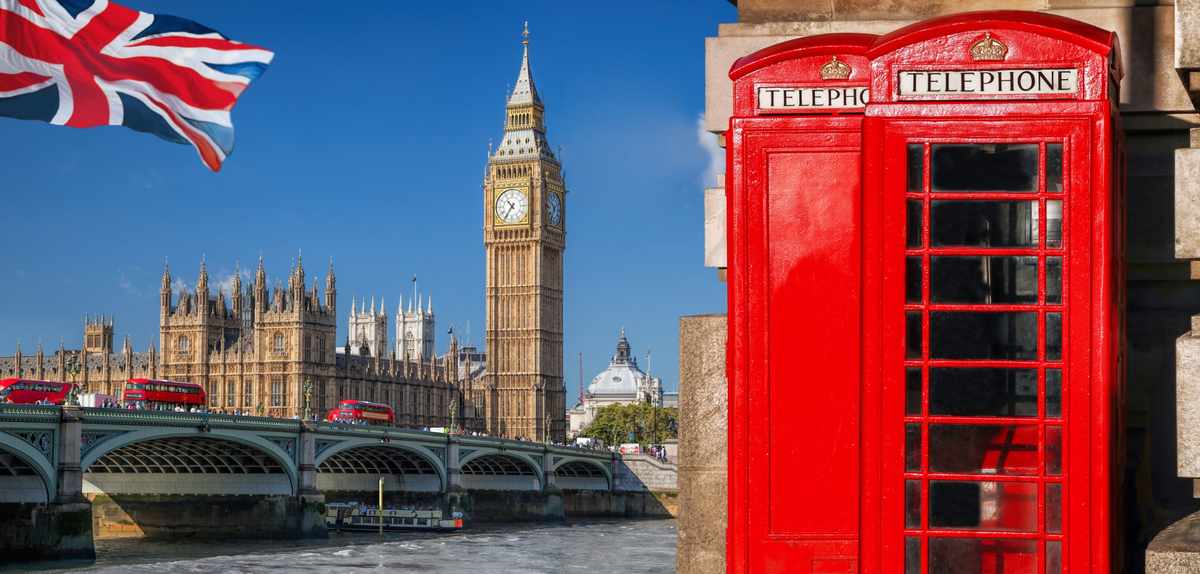In the United Kingdom, the annual budget announcement is never just about numbers on a spreadsheet. It is a political performance, an economic signal, and a social contract all rolled into one. In 2025, the stakes are especially high. Rising living costs, strained public services, and deep political divides have put enormous pressure on the government to deliver a budget that feels both pragmatic and visionary. The preview circulating in Westminster suggests a package that mixes tax adjustments with a significant push to bolster public services, but it is already stirring debates about who wins, who pays, and what kind of future Britain is charting for itself.
One of the central themes is taxation. The government appears poised to introduce targeted adjustments aimed at both relieving pressure on households and securing revenue to fund public programs. Proposals include modest tax relief for low to middle income earners, designed to ease the burden of inflation and stagnant wages. At the same time, there are hints of closing loopholes that have long allowed wealthier individuals and corporations to minimize their tax obligations. The message is clear. The government wants to present itself as fair minded, rewarding ordinary workers while asking more of those with the deepest pockets. Whether these measures will actually shift the balance meaningfully is another matter.
Alongside taxation, the budget preview highlights a renewed focus on public services. Health care, education, and transportation have all faced intense strain in recent years, and voters are demanding visible improvements. The National Health Service remains at the center of political debate, with waiting times and staffing shortages testing public patience. The budget is expected to channel new funds into hiring nurses and doctors, upgrading facilities, and expanding mental health services. Education is another priority, with proposals for additional resources to modernize schools, recruit teachers, and strengthen vocational training. Transportation funding may target infrastructure upgrades, particularly in regions that feel neglected compared with London and the southeast.
These public service investments are not just policy choices. They are political calculations. With elections always looming in the background, the government knows that voters measure competence not by abstract growth figures but by the quality of hospitals, classrooms, and trains. A budget that visibly improves daily life could rebuild public trust. Conversely, one that feels like tinkering at the edges risks deepening disillusionment. The preview’s emphasis on tangible improvements suggests an awareness of this reality.
Economic context is crucial. The UK continues to navigate the aftershocks of Brexit, the pandemic, and global economic turbulence. Growth forecasts remain modest, and inflation, though easing, still eats into household budgets. Public debt levels are high, leaving limited room for expansive spending without trade offs. This tension is at the heart of the budget debate. How does a government invest in services and cut taxes while also convincing markets that fiscal discipline remains intact? The preview hints at strategies like phasing in spending over several years and pairing new investments with targeted savings elsewhere. Whether these measures will satisfy both voters and investors is uncertain.
Business leaders are watching closely. For them, stability and clarity are as important as the specifics of tax rates. A budget that reassures markets and signals long term policy consistency could encourage investment. Conversely, one that appears incoherent or overly political could deter confidence. Some in the business community are urging the government to pair tax adjustments with innovation incentives, particularly in technology, green energy, and advanced manufacturing. If Britain wants to compete globally, they argue, it must not only maintain fiscal stability but also create conditions for industries of the future to thrive.
Ordinary citizens, however, are less concerned with investment incentives than with immediate relief. For a nurse in Manchester struggling with rent, or a parent in Birmingham facing higher grocery bills, the question is simple: will this budget make life easier? That is why the government’s messaging emphasizes fairness and public service improvement. The challenge will be to deliver substance behind the slogans. Tax relief that amounts to a few extra pounds a month may feel underwhelming. Public service funding that fails to reach the ground quickly may be dismissed as empty promises. The credibility of the government depends on visible, near term results.
Political opponents are already sharpening their critiques. Some accuse the government of offering too little, too late, arguing that structural issues in taxation and services require bold reform rather than incremental adjustments. Others warn that promises of investment are unrealistic given debt levels, predicting that the budget will amount to a shell game of shifting funds rather than real growth. These debates will intensify once the full budget is revealed, but the preview has already set the stage for contentious parliamentary battles.
There is also a cultural dimension to the budget conversation. In Britain, debates about tax and spending are deeply tied to questions of identity and fairness. Citizens often see taxation not only as an economic necessity but as a reflection of shared values. Do the wealthy contribute their fair share? Do ordinary families get a fair return on what they pay in? Budgets are judged not only on balance sheets but on whether they feel morally and socially just. The preview’s emphasis on equity suggests that the government is keenly aware of this emotional dimension.
Looking ahead, the 2025 budget has the potential to be more than an annual ritual. It could be a turning point in how the UK navigates the next phase of its political and economic journey. If executed well, the mix of tax shifts and public service investments could stabilize confidence, energize voters, and lay foundations for longer term growth. If mismanaged, it could deepen divisions and fuel further skepticism about the political class. The preview is only a glimpse, but it has already sparked conversations in households, workplaces, and boardrooms about what kind of Britain people want to see emerge from the turbulence of recent years.
For now, anticipation is building. The numbers will soon be unveiled, but the real story lies in how they affect daily lives. For citizens waiting in NHS queues, for teachers stretched thin in classrooms, for commuters on delayed trains, the budget will be judged not in parliamentary speeches but in lived experience. Britain is at a crossroads, and the choices made in this budget will echo well beyond the year ahead.
Featured Image Source: Maridav / iStock









